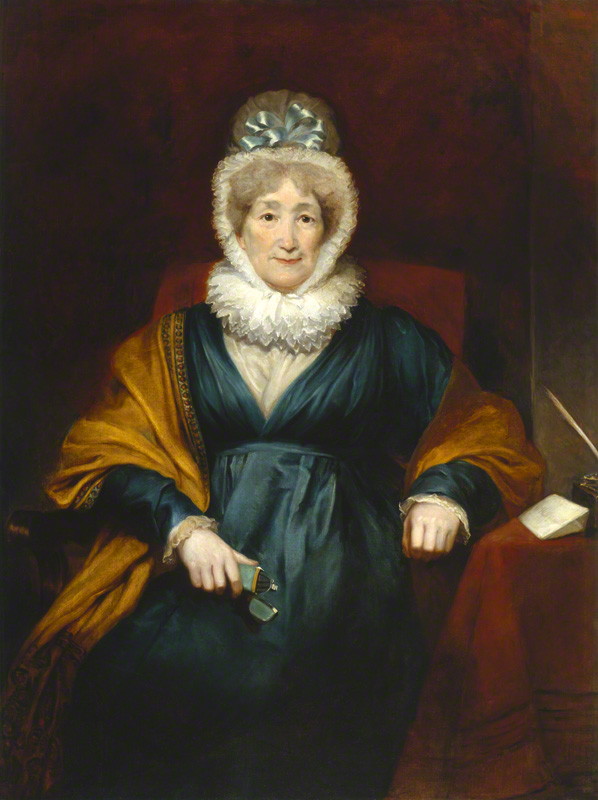Biography
-
Hannah More the educator
 Today I discovered an influential educator about whom I knew nothing—Hannah More. Learning more about people who have sought to see a Biblical worldview shape their understanding and practise of education is both interesting and helpful, especially when they are able to communicate why and how they do what they do. Although two hundred years is plenty of time to forget an individual's contribution, it is now possible to understand more of the breadth of a person's influence. Hannah More is best known as a writer and advocate for the abolition of slavery, but education was also an area where she used her gifts to challenge the status quo in education for middle-and upper-class girls as well as lower-class children in Sunday Schools. As a member of the Clapham Sect she was part of a group that played a pivotal role in the transformation of English society at the beginning of the 19th century.
Today I discovered an influential educator about whom I knew nothing—Hannah More. Learning more about people who have sought to see a Biblical worldview shape their understanding and practise of education is both interesting and helpful, especially when they are able to communicate why and how they do what they do. Although two hundred years is plenty of time to forget an individual's contribution, it is now possible to understand more of the breadth of a person's influence. Hannah More is best known as a writer and advocate for the abolition of slavery, but education was also an area where she used her gifts to challenge the status quo in education for middle-and upper-class girls as well as lower-class children in Sunday Schools. As a member of the Clapham Sect she was part of a group that played a pivotal role in the transformation of English society at the beginning of the 19th century.Karen Swallow Prior, Professor of English at Liberty University, wrote Fierce Convictions: The Extraordinary Life of Hannah More—Poet, Reformer, Abolitionist which looks at Hannah's life and achievement from a somewhat different perspective than Anne Stott's, Hannah More: The first Victorian. Dr. Prior was interviewed by Dr. Beth Green who is Program Director for Education at Cardus in "Hearing lost voices: Risky friendships and faithful presence." Obviously, I haven't had time today to ready both of the books and the many articles I've discovered, but my reading list just got a bit longer. You can get started with the the interview and then go to the very condensed version at Awesome Stories–another discovery today, Wikipedia, or a host of other sources. Finding out that Eric Metaxas had written the foreword of Karen Prior’s book was an added bonus because his biographies about William Wilberforce and Dietrich Bonhoeffer come highly recommended as well.
-
The blacksmith and the king
 In 1878, when Scotsman Alexander Mackay arrived in what is now Uganda to serve as a missionary, he first set up a blacksmith forge among a tribe ruled by King Mutesa. Villagers gathered around this stranger who worked with his hands, puzzled because everyone “knew” that work was for women. At that time, men in Uganda never worked with their hands. They raided other villages to capture slaves, selling them to outsiders. Yet here was this foreign man at work forging farming tools.
In 1878, when Scotsman Alexander Mackay arrived in what is now Uganda to serve as a missionary, he first set up a blacksmith forge among a tribe ruled by King Mutesa. Villagers gathered around this stranger who worked with his hands, puzzled because everyone “knew” that work was for women. At that time, men in Uganda never worked with their hands. They raided other villages to capture slaves, selling them to outsiders. Yet here was this foreign man at work forging farming tools.
